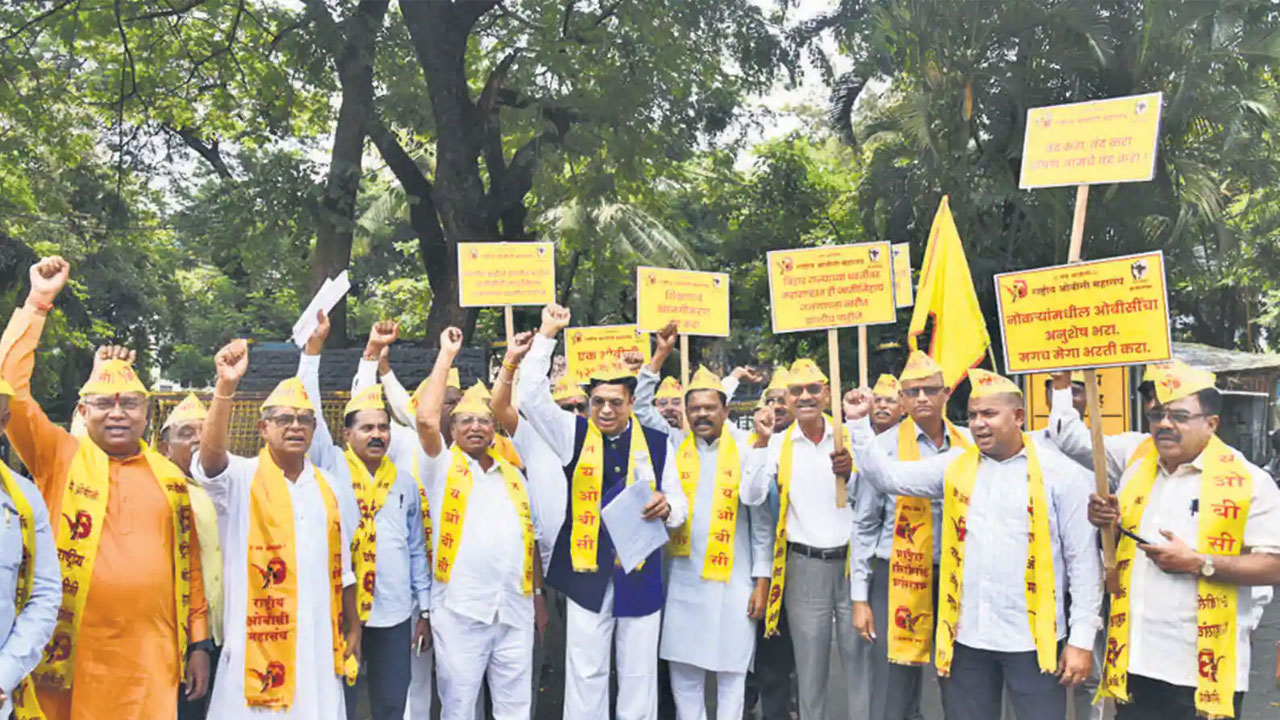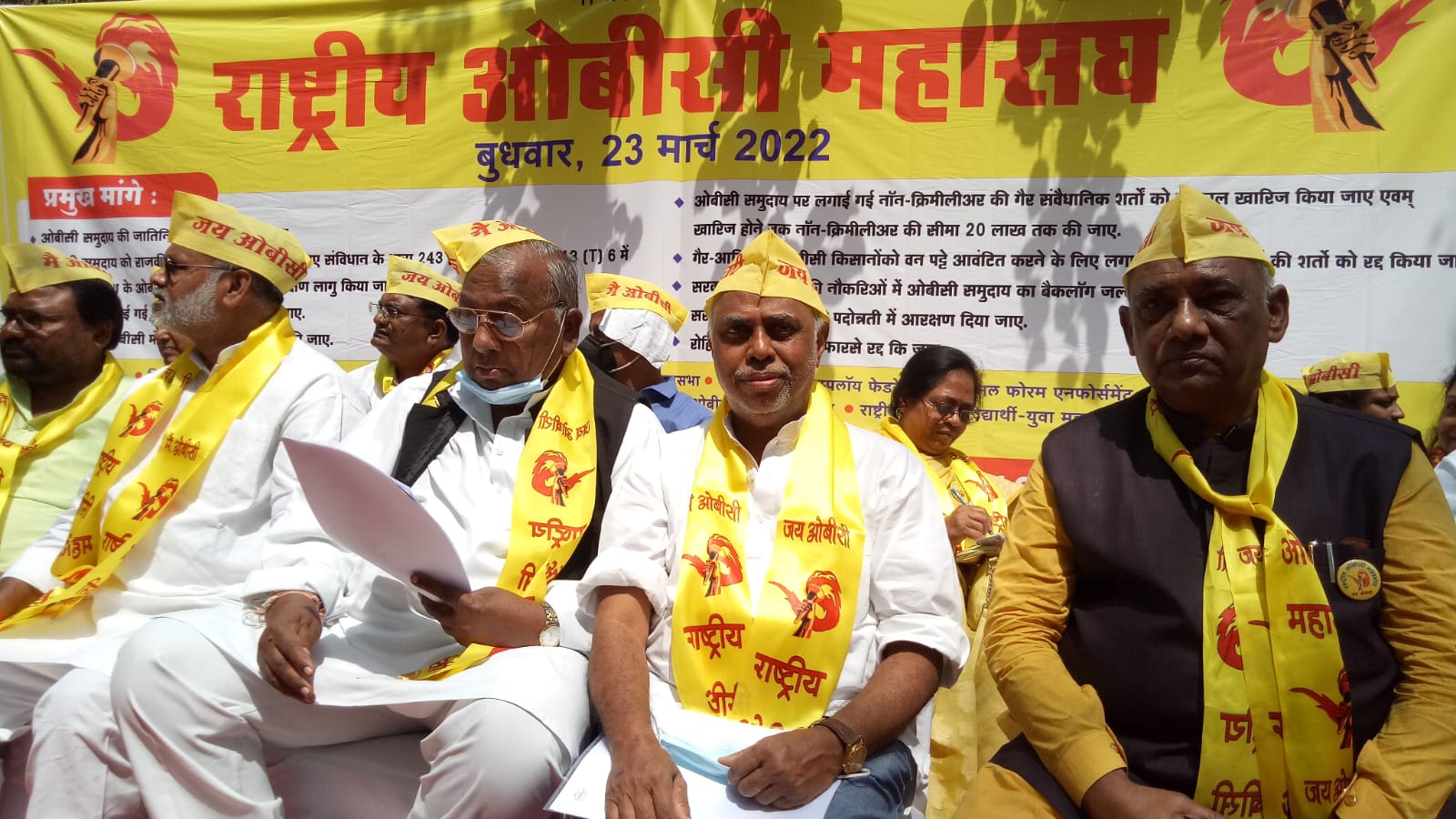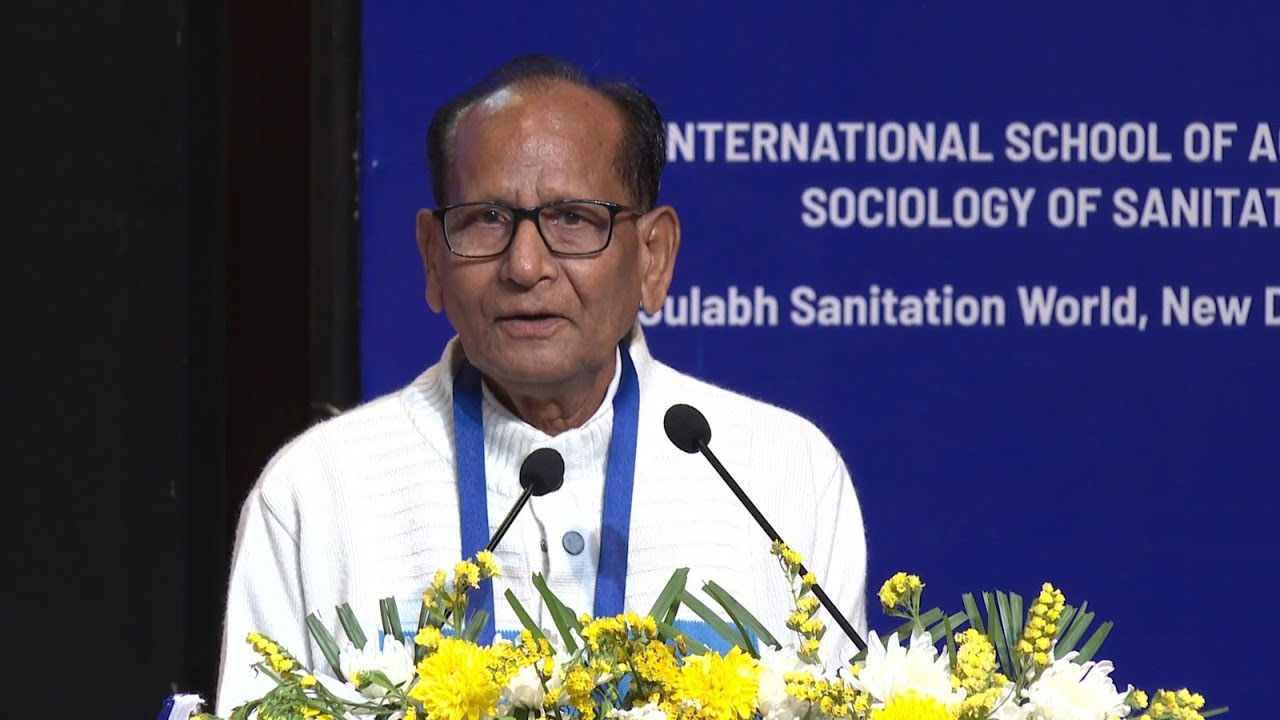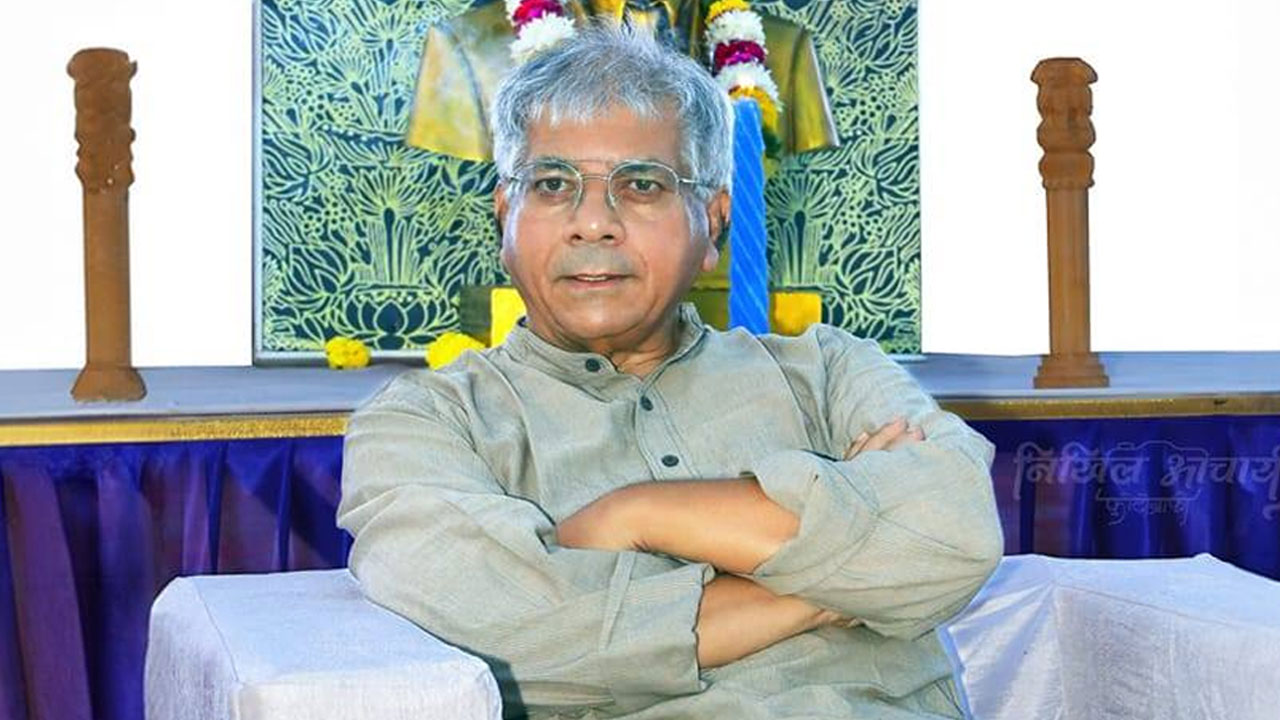Rane Committee exposed
No community on this planet can match the Brahmins in flexibility. None other than the Brahmins is capable of performing the sacred duty of killing or getting killed a member of their caste to serve the wider interests of the caste.
It is only the Brahmins who get others – the Bahujan – to criticize themselves. Again, it is only the Brahmins who create Bahujan organizations to take on brahmanical hegemony. Why do the Brahmins take the trouble of creating their critics and opponents – whether individuals or organizations – from among the Bahujan? That is because such individuals and organizations are under their control and if and when the need arises, they can be used to sow seeds of division among the Bahujan. In short, they can be used to serve the wider interests of the Brahmins. When the Bahujan are the strongest in the battle against Brahmins, such Bahujan organizations betray their own people. They strengthen the Brahmin camp to serve their petty interests. There are many such elements in the Dalitbahujan communities. The same goes for the Marathas. One such organization, exposed recently, is the Maratha Sewa Sangh.
That the Maratha Sewa Sangh was founded with the blessings of the Brahmins was clear when its members burnt Ambedkar’s Riddles in Hinduism in 1988 and later opposed the implementation of the Mandal Commission recommendations. That isolated the Marathas. They were no match for the OBCs who triumphed by having the recommendations implemented. That is how it dawned on those opposing the Mandal Commission that they were engaged in a futile exercise, and so they started targeting OBC reservation itself.
Thus began attempts to get the Maratha caste included in the list of OBCs or, alternatively, have the Kunbi caste infiltrate the OBC community.

This was a new and difficult battle. In the first phase of the battle, the Maratha Sewa Sangh used strong-arm tactics and fanned animosity between different castes. No finely crafted strategy was needed for this.
But a strategy was a must for the second phase of the battle as the Maratha Sewa Sangh could not have won without enlisting the support of the Dalits. The Brahmins and the Marathas both knew well that the Dalits would back their cause only if they would oppose Brahmanism. To do that, they needed to read and understand not only their own scriptures but also the writings of Jotirao Phule, Shahuji Maharaj and Dr Ambedkar. For this, the Maratha Sewa Sangh mobilized an army of scholars. They included Praveen Dada Gaikwad, Shrimant Kokate, Prabhakar Pavde, M.M. Deshmukh, Banbare and Salunkhe, among others. Purushottam Khedekar, the founder president of Maratha Sewa Sangh, was himself a thinker, writer and litterateur. Khedekar is the writer of several books that aggressively attack the Brahmins. That was why Dalit organizations like BAMCEF joined hands with Maratha Sewa Sangh. And the brahmanical conspiracy, aimed at garnering the support of the Dalits, met with success.
Just a piece of writing by a person or an issue of a magazine edited by him is enough to unravel whether he is a closet brahmanical element. At the silver jubilee celebrations of the Maratha Sewa Sangh, sworn Rashtriya Swayamsevak Sangh (RSS) men Nitin Gadkari and Devendra Fadnavis were the chief guests and the leaders of its partner organization BAMCEF were not even allowed near the dais. There was no OBC leader on the dais either.
In order to infiltrate the OBC, the Marathas needed to prove that they are backward. This was a big challenge. Their caste had to figure in the reports of backward class commissions. They needed a legally admissible proof of their backwardness. That, in turn, would require a battery of lawyers in Delhi and Mumbai. That was arranged. The fees of the lawyers was paid from the Maharashtra government exchequer. Since the Marathas and the Brahmins were the rulers, they considered government funds as their own.
So, a concerted campaign was launched in 2004 to include “Kunbi-Maratha” and “Maratha-Kunbi” – a caste that did not exist – in the OBC list. The campaign continued till 2013.
But the word “Maratha” was still a stumbling block. Hence, in 2013, on the eve of elections, then chief minister Prithviraj Chavan (a Maratha) constituted the “Rane Committee” under the chairmanship of Narayan Rane. This committee had no legal validity. That is because the state already had a Commission for Backward Classes and it was not only illegal but also immoral to constitute another body to identify backward classes. According to a 1992 verdict of the Supreme Court, only the State Commission for Backward Classes, and no other body, has the authority to determine whether a caste meets the criterion of backwardness.
The Rane Committee was supposed to act like an OBC commission. But its head as well as most of its members were Marathas. The constitution of the committee was also in violation of the Supreme Court’s 1992 verdict in the Mandal case. The Supreme Court had ruled that the State Backward Commission should be headed by a retired High Court judge. But Narayan Rane, who was appointed as the chairperson of the committee by the Chavan Government, was a Congress MLA. Moreover, according to the conditions laid down by the Supreme Court, the members of the State Commission for Backward Classes should be specialists in relevant fields. However, none of the members had specialized knowledge of the specified fields.
But Maratha chief minister Chavan, throwing all morals to the winds, not only constituted this committee but acting on its recommendation, earmarked a separate 16 per cent reservation for the Marathas.
There is nothing wrong in working for the welfare of any community. Chavan’s decision to grant reservation to the Marathas was also not wrong. But it was not in keeping with the reservation rules and norms. The decision was taken without evolving a consensus; it was against the Constitutional provisions and was in contempt of the Supreme Court.
The formation of the Rane Committee raised the hopes of the Marathas and they began demanding openly that they did not want a separate quota, but a quota under the OBC category.
We set up an Arakshan Bachav Samiti (Save Reservation Committee) under the leadership of Dr Narayan Rao Munde to oppose this immoral and unconstitutional demand of the Marathas and held a sit-in at Mumbai’s Azad Maidan on 9 April 2013. Just to terrorize the OBCs who joined the sit-in, the Marathas held their own event beside our protest venue. Full-throated slogans were raised and loud music was played to provoke us. But the OBCs did not react and they joined the protest in large numbers. That dharna exposed the Rane Committee and its report. The demand that the Marathas should get reservation under the OBC quota disappeared into thin air. After the elections, the High Court ruled against the Maratha reservation. That was because we consistently insisted that the Rane Committee was unconstitutional.
At the time, Kamlakar Darade, Advocate Sanghraj Rupwate, Chandrakant Bavkar and Prof Shankarao Majahan mounted a valiant legal battle and won.
(To be continued)
(Translated from the Hindi by Amrish Herdenia)
Forward Press also publishes books on Bahujan issues. Forward Press Books sheds light on the widespread problems as well as the finer aspects of Bahujan (Dalit, OBC, Adivasi, Nomadic, Pasmanda) society, culture, literature and politics. Contact us for a list of FP Books’ titles and to order. Mobile: +917827427311, Email: info@forwardmagazine.in)





